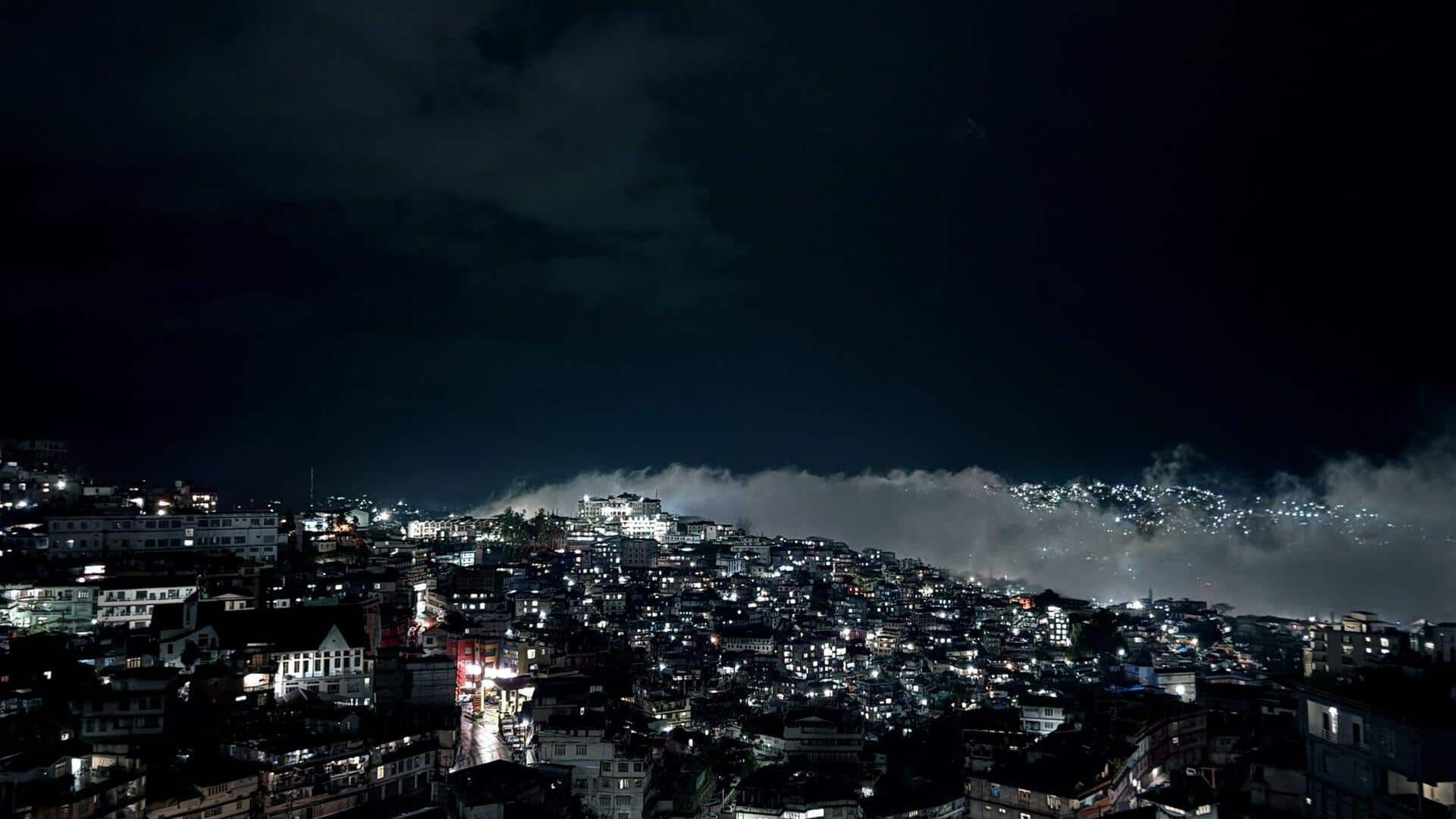
Northeast capitals ranked safest for women; which are ranked lowest?
What's the story
Kohima, Visakhapatnam, Bhubaneswar, Aizawl, Gangtok, Itanagar and Mumbai have been ranked among the safest cities for women in India, according to the National Annual Report & Index on Women's Safety (NARI) 2025. The report was released on Thursday after surveying 12,770 women across 31 cities. It found that six out of 10 women feel "safe" in their city. However, a significant 40% still feel "not so safe" or "unsafe."
Rankings revealed
Top and bottom 5 cities
The NARI 2025 report associated the top-ranked cities with increased gender equity, civic participation, policing, and women-friendly infrastructure. On the other hand, cities like "Ranchi, Srinagar, Kolkata, Delhi, Faridabad, Patna, and Jaipur scored lowest, correlating with poorer infrastructure, patriarchal norms, or weaker institutional responsiveness," the report said.
Nighttime safety
Safety perceptions at night
The report also noted a sharp decline in safety perceptions at night, especially in public transport and recreational spaces. Educational institutions were found to be safe during the day (86% safe), but safety perceptions dropped sharply at night or off-campus. The study found that 91% of women felt safe, but around half were unaware if their workplace had a Prevention of Sexual Harassment (POSH) policy.
Harassment and trust
Harassment hotspots and reporting
The report also found that 7% of women faced harassment in public spaces in 2024, with the figure rising to 14% among those under 24. Neighborhoods (38%) and public transport (29%) were identified as major harassment hotspots. However, only one-third of victims reported these incidents. Trust in authorities to act on safety complaints was low, with only one-fourth trusting effective action.
Safety significance
Need to protect women from cybercrimes, mental harassment: NCW chairperson
National Commission for Women (NCW) chairperson Vijaya Rahatkar, launching the report, emphasized that safety goes beyond law and order, impacting every aspect of a woman's life. She said when women feel unsafe, "they limit themselves," which affects national development. Rahatkar stressed the need to protect women from cybercrimes, economic discrimination, and mental harassment. She also praised initiatives like increasing women police officers and female drivers in public transport as confidence-building measures.